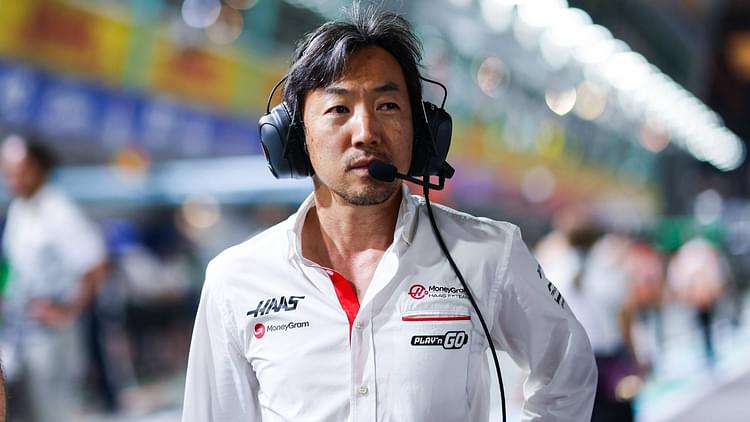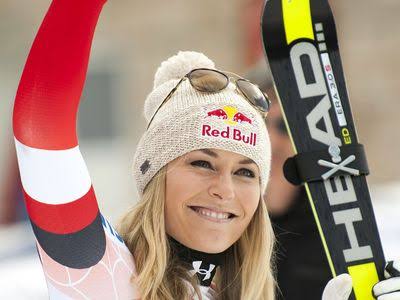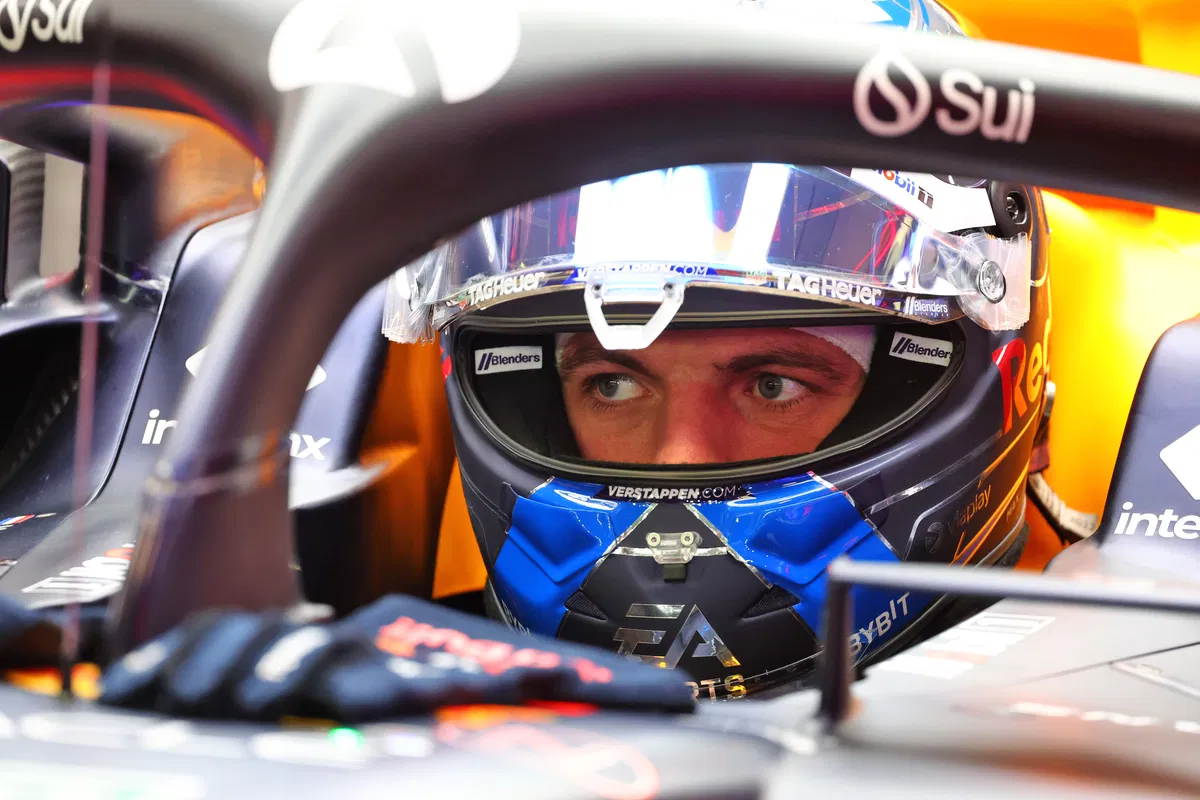
In the fiercely competitive world of Formula 1, every word spoken by those in the paddock can send ripples through the sport. Ayao Komatsu, Haas F1’s Director of Engineering, has ignited controversy by calling former Haas driver Mick Schumacher and his then-teammate a “bad example” for young drivers Oliver Bearman and Esteban Ocon. This scathing critique has set the F1 community abuzz, with many questioning the fairness of his remarks and the motivations behind them.
A Scathing Verdict on Mick Schumacher and His Ex-Teammate
Komatsu, known for his meticulous approach to race engineering, didn’t hold back when he recently reflected on Schumacher’s stint at Haas. While the German driver is the son of the legendary Michael Schumacher, his tenure at Haas was fraught with inconsistency, costly crashes, and public scrutiny. Komatsu’s frustration appeared to center on Schumacher’s lack of adaptability and high-pressure mistakes.
His teammate at the time, Nikita Mazepin, also bore the brunt of Komatsu’s criticism. Dubbed by some as a “pay driver” during his F1 career, Mazepin’s performances failed to silence doubters who believed his seat was bought rather than earned. Together, Schumacher and Mazepin struggled to lift Haas from the back of the grid, with Komatsu now labeling them as a cautionary tale for rising talents.
“Drivers like Mick and his teammate weren’t the kind of role models you want for the next generation,” Komatsu reportedly said. “What we saw from them was a lack of maturity and focus. That’s not what we want for drivers like Oliver Bearman and Esteban Ocon, who represent the future of F1.”
Oliver Bearman and Esteban Ocon in the Spotlight
Bearman, the 18-year-old British driver and Ferrari Academy prodigy, has been making waves in the junior categories. Touted as a future F1 star, Bearman’s career is being carefully managed by Ferrari, and Komatsu’s remarks could serve as both a warning and encouragement for the youngster to avoid the pitfalls of his predecessors.
Esteban Ocon, though already a seasoned F1 driver, is still carving out his legacy. Known for his consistency and resilience, Ocon could be the antithesis of what Komatsu criticized about Schumacher and Mazepin. However, the juxtaposition of Ocon and Bearman against their less successful counterparts raises questions about whether Komatsu is unfairly using Schumacher and Mazepin as scapegoats.
The Backlash Against Komatsu’s Comments
Unsurprisingly, Komatsu’s remarks have sparked a heated debate in the F1 community. Fans of Schumacher have rallied to his defense, citing the challenging circumstances he faced during his time at Haas, including an underperforming car and immense pressure from the Schumacher legacy.
“Mick was never given a fair shot,” one fan wrote on social media. “You can’t blame him for everything when Haas wasn’t competitive.”
Others, however, applauded Komatsu’s brutal honesty, arguing that young drivers like Bearman need to understand the realities of the sport. “It’s a tough world,” another fan commented. “If Komatsu’s words can push Bearman to avoid the mistakes of others, then it’s worth saying.”
A Broader Question About F1’s Future
Komatsu’s remarks have opened a broader conversation about how F1 teams nurture young talent. Are comments like these a necessary wake-up call for aspiring drivers, or do they unfairly tarnish the reputations of those who have struggled in the sport?
For Bearman and Ocon, the path forward is clear: focus on consistency, learn from the past, and strive to avoid the “bad example” set by others. But for Schumacher and Mazepin, Komatsu’s comments are a harsh reminder of how unforgiving Formula 1 can be, even after they’ve moved on from the sport.
As the 2025 season looms, all eyes will be on Bearman, Ocon, and the legacy of those who came before them. Will they rise above the criticism, or will Komatsu’s warning prove prophetic? Time, as always in F1, will be the ultimate judge.







